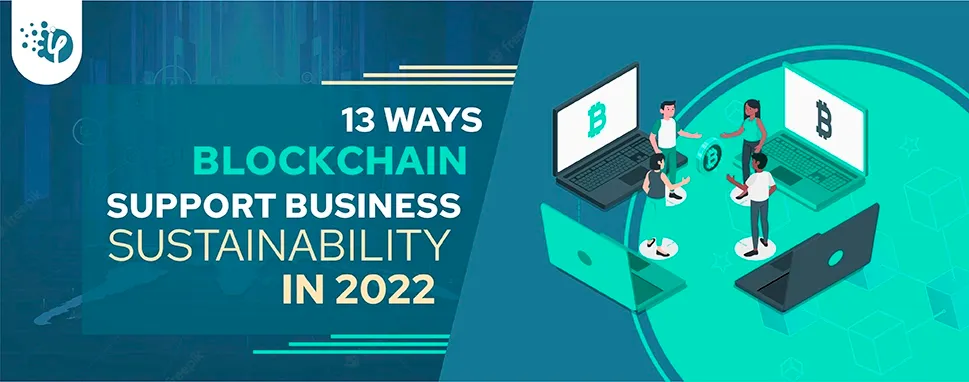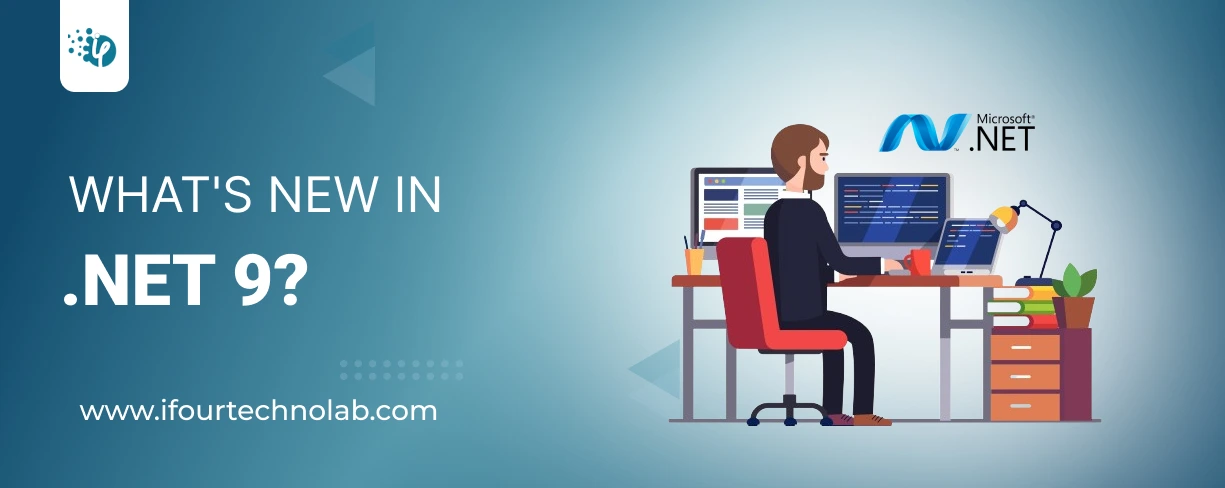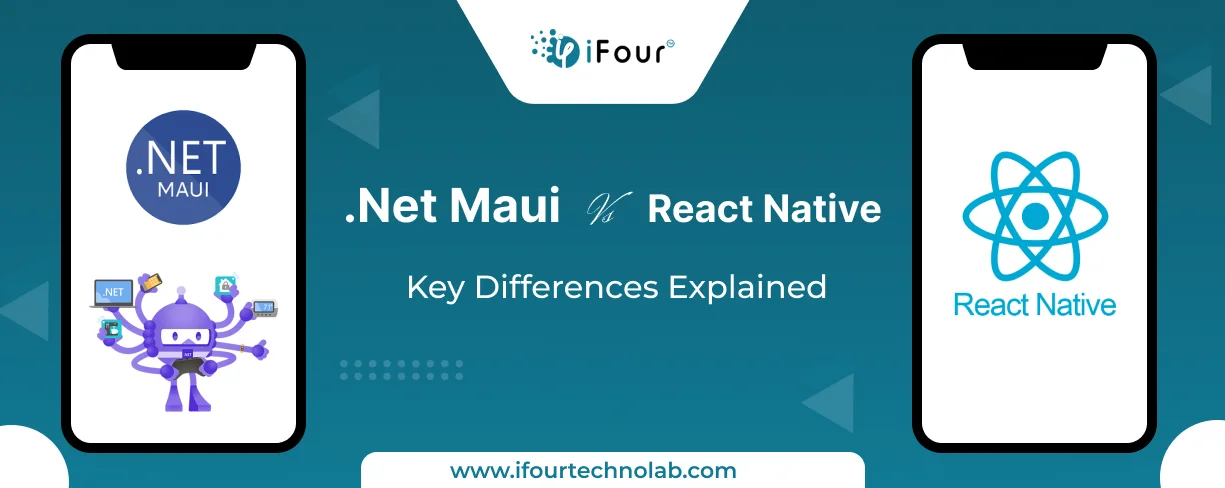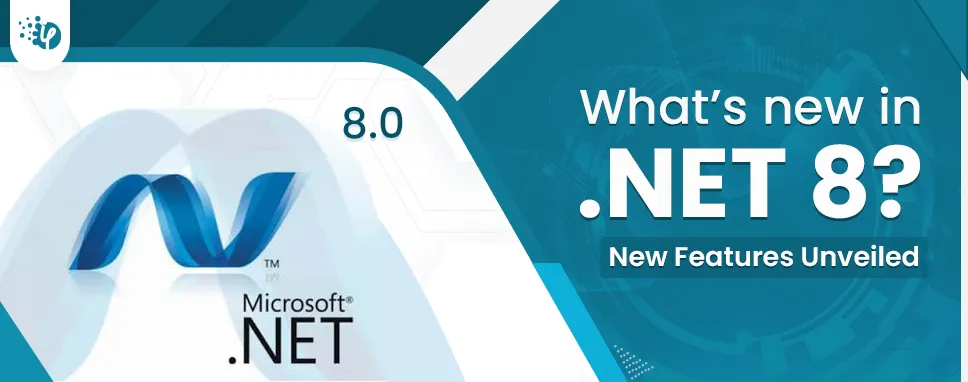"Decentralization: Unlike centralized systems, blockchains are decentralized. Governments, financial institutions, and any other third parties will not be involved in blockchain-based activities.
Peer-to-peer (P2P): Blockchain is used to connect electronic devices using a P2P network. Rather than using a separate server computer, these devices share resources.
Distributed: Known as a resource-sharing computer network with a number of DEC PDP-11 computers, the Distributed Computer Network (DCN) operates on the DCN platform.
Security: Using cryptography, blockchains secure information and communications over the internet.
Cross-border Transactions: Transnational trade is the act of carrying out transactions, between two or more parties, beyond the borders of a nation, using the blockchain.
Reduce Costs: Using blockchain technology reduces the costs involved in cross-border transactions.
Transparency: Blockchains operate in such a way that they provide transparency into those transactions and holdings that each public address performs.
Traceability: From the point of origin to the point of sale, blockchain tracks products. Tracking the products is done by scanning a QR code with a smartphone.
Royalty Allotment: Allotment of royalties will be automatic after a task is performed
Counteract Piracy: The act of piracy involves copying computer programs, music, films, etc. in an unlawful manner. Blockchain can be used to combat piracy.
Records: Using blockchain, records of transactions can be stored, managed, and controlled permanently.
Tamper-Resistant: Records cannot be changed without affecting all subsequent blocks and the consensus of the network.
Speed: It takes only a few minutes to complete transactions that usually take 2-3 weeks.
Authentication: Information provided by users is authenticated using Blockchain ID Solution.
Second, blockchain has already made a positive impact on several industries, including Health care, law, energy, shipping, seafood, transportation, shopping, and music. The education sector and governments are also interested in implementing it. Many other businesses want to adopt this technology as well"
- Max Shak, CFO of Abtron.com
























